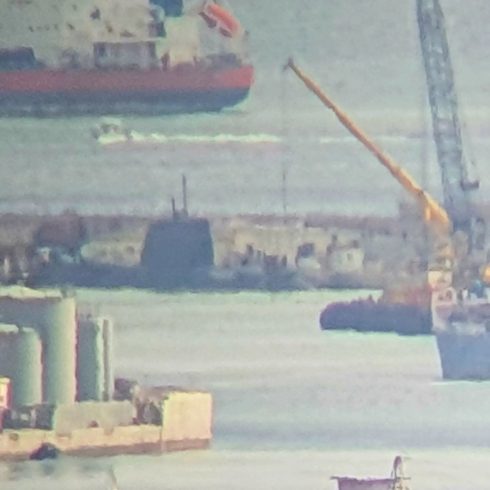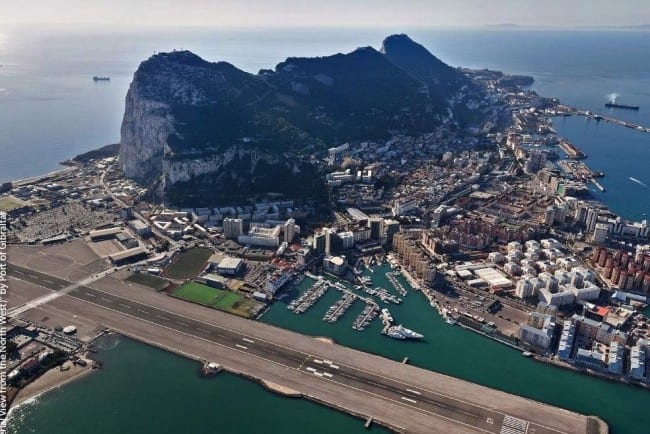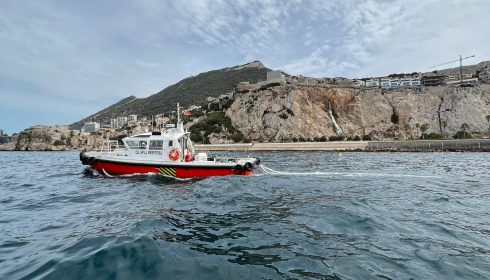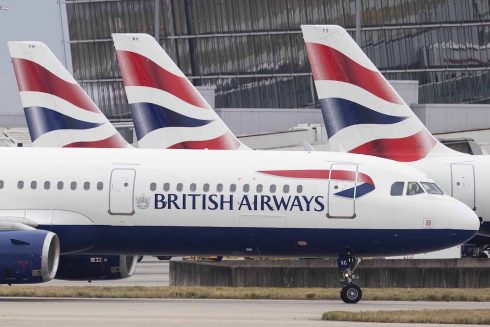THE British military is looking for a new deputy harbour master to help deliver ‘safe and timely operations’ in the strategically important naval base in Gibraltar.
The base is home to the Gibraltar squadron, which consists of two patrol vessels, HMS Cutlass and HMS Dagger, and a number of Rigid-hulled Inflatable Boats (RHIBs).
It also serves as an important way station for refuelling and repairs for vessels from the British Royal Navy and the US Navy among other NATO allies.
Among some of the most notable ships that dock in the naval port are the UK’s fleet of nuclear submarines, with over 100 stopovers in the past two decades.

“The successful candidate will manage the day-to-day maritime operations […] while ensuring that a robust assurance system […] reduces risk to “As low as reasonably practicable” (ALARP),” the job description says.
However, ‘Nuclear Emergency Procedure Experience’ is only listed as ‘desirable’ for the outstanding candidate.
In spite of the Royal Navy’s immaculate safety record, the Spanish government and environmental groups have occasionally protested the presence of nuclear submarines in the Campo de Gibraltar, home to 300,000 people in total.
Environmental group Verdemar has labelled them ‘floating bombs’ because they occasionally undergo repairs in Gibraltar, which they claim is not equipped for the purpose.
In 2016, the Ministry of Defence announced that ‘there have been 29 visits by nuclear submarines to Gibraltar in the last five years.’
“There have been no instances of INES (International Nuclear Event Scale) incidents relating to any of these visits.”











